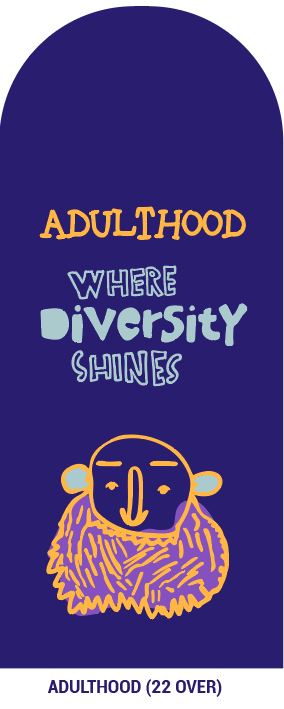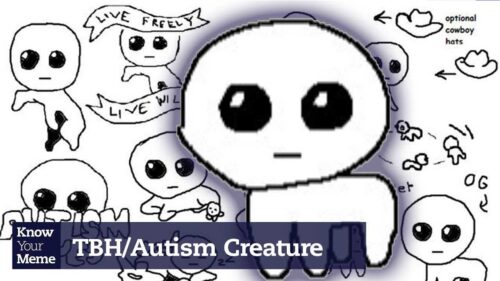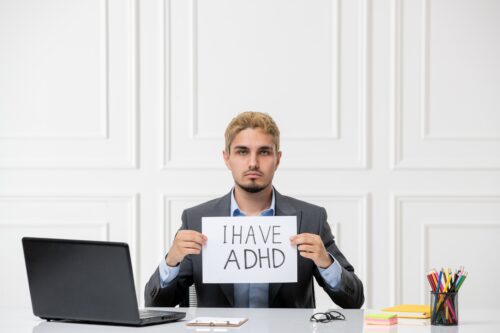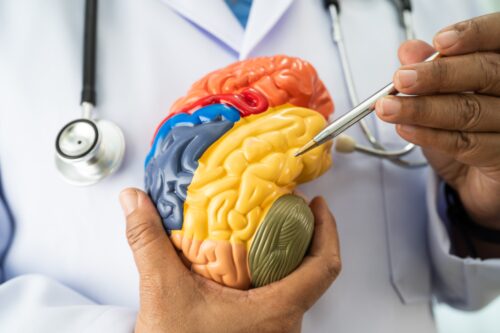
Adulthood (19 years and beyond):
Time for Achievement and Responsibility.
Full adulthood begins around 19 years old and extends over several decades as individuals develop and consolidate their independence, life plans, and contributions to society. People with autism face unique challenges in areas such as employment, relationships, and independent living as they transition to adulthood. However, with appropriate support and a positive approach, individuals within the autism spectrum can thrive and lead fulfilling lives beyond the age of 19.
While the transition to adulthood presents challenges, it also opens new doors for individuals with autism to explore their talents, connect with others, and find their purpose. Far from being a story of limitations, adulthood offers opportunities for growth.
People with autism may struggle with navigating the job search process, interviews, and social dynamics in the workplace. Their strengths, such as attention to detail and focus on repetitive tasks, are often underutilized. However, in an inclusive work environment, adults with autism have much to offer with their systematic thinking, dedication, and specialized skills. Identifying these strengths and finding a compatible career allows them to fulfill their potential. Many companies actively seek to diversify their workforce by hiring adults with autism.
Relationships with others can be challenging but not impossible. With patience, open communication, and an open mind, friendships can be cultivated. Romantic relationships also become possible, enriching the human experience of autism.
Independence, with the right personalized support, allows individuals with autism to live on their own and manage daily responsibilities. Technology, therapies, and trained support workers enable the creation of an accessible home.
Adulthood with autism has its challenges but approaching it with a positive mindset and a focus on possibilities makes a significant difference. Each person with autism has a lot to offer; they just need opportunities to shine.
Here, we provide a community that wants to share experiences, information, data, etc., to make this stage more rewarding and successful for everyone.

ARTICLES

Business Owner’s Insurance: How to Choose the Right Plan
Finding the right business owner’s insurance is essential to protect your company from financial losses, legal risks, and unexpected events. Whether facing a lawsuit, property damage, or a cybersecurity breach, the right coverage can save your business from costly setbacks. But with so many options available, how do you choose the best plan?

The Autism Creature The Viral Mascot Embracing Neurodiversity
The Autism Creature has taken the internet by storm, becoming a viral symbol embraced by many in the autistic community. Also known as the TBH Creature or Yippee, this simple, hand-drawn character has sparked conversations about neurodivergence, self-expression, and identity. But what makes it so relatable? In this post, we’ll explore the origins, meaning, and impact of the Autism Creature—and why it resonates with so many autistic people.

Am I Neurodivergent? How to Know and What to Do Next
Have you ever wondered, “Am I neurodivergent?” Perhaps you process information differently, struggle with certain tasks, or feel out of sync with social norms. Neurodivergence includes conditions such as autism, ADHD, dyslexia, and other cognitive differences — but how do you know if it applies to you?

Success Tips for Entrepreneurs with Autism
This guide covers practical strategies to help autistic entrepreneurs thrive. Learn how to structure your business, improve communication, manage finances, and avoid burnout while leveraging your strengths. Whether you’re just starting out or looking to grow, these tips will help you build a business that works for you.

Autistic Brain vs. Neurotypical Brain: Surprising Perspectives
Understanding how the human mind works reveals fascinating insights. However, the first thing we must recognize is that while the term “normal brain” is commonly used in searches, the term “neurotypical brain” is a more precise and inclusive term. Referring to a brain as “normal” implies that other brains are “abnormal,” which can perpetuate harmful stereotypes. Talking about “neurotypical brains” or “neurodiverse brains” describes individuals more accurately, emphasizing neurodiversity without judgment.

Meaningful Fitness Programs for the Autism and Neurodivergent Population
Strength training represents a critical yet often overlooked component of healthcare and independence for individuals with autism spectrum disorder (ASD) and related neurodiversity. While autism presents across a broad spectrum, from those requiring constant support to independent self-advocates, certain constants emerge regarding physical fitness needs and approaches.

